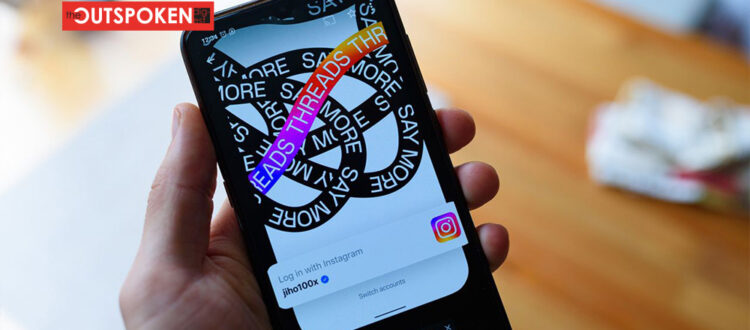Social media platforms have become an essential aspect of our lives in today’s hyper-connected world. While they provide several benefits, it is critical to investigate their impact on mental health. This blog dives into social media’s hidden hazards and investigates the potentially detrimental consequences it can have on our psychological well-being.
Social Media’s Allure
Social media platforms enable people to connect, express themselves, and share information. They enable us to stay in touch with friends and family, find new hobbies, and participate in a larger community. The frequent exposure to highly curated content, however, and the pressure to present an idealized picture of oneself, can lead to a false reality. Social media’s addictive nature, characterized by incessant scrolling and seeking validation through likes and comments, can have serious consequences for mental health.
Negative Mental Health Effects
The impact of social media on mental health is becoming more of a concern. Excessive social media use has been related to emotions of loneliness, anxiety, and depression, according to research. Fear of missing out (FOMO) and continual comparison to others’ seemingly flawless lifestyles can contribute to feelings of inadequacy and low self-esteem. Cyberbullying, harassment, and the dissemination of harmful content aggravate mental health difficulties, particularly among vulnerable populations.
Unveiling the Hidden Dangers
One of the hidden dangers of social media lies in the cultivation of unrealistic standards and body image issues. The bombardment of images promoting unattainable beauty ideals can lead to body dissatisfaction and eating disorders. Moreover, constant exposure to news feeds and viral content can fuel anxiety and stress, as users are inundated with negative news and triggering content. The addictive nature of social media can also interfere with sleep patterns, affecting overall mental well-being.
Finding Balance and Mitigating Risks
While social media has its downsides, it is possible to navigate its impact on mental health. Setting boundaries by managing screen time and creating designated tech-free periods can help establish a healthier relationship with social media. Cultivating self-awareness and recognizing the potential for comparison and negative self-perception can enable individuals to approach social media with a critical mindset. Engaging in offline activities, maintaining strong relationships, and seeking support when needed is essential for preserving mental well-being in a digitally connected world.
Online privacy is critical in today’s digitally connected world. Understanding the value of online privacy and taking proper protection becomes critical as we negotiate the challenges of digital media. We can preserve our online privacy and have a safer digital experience by actively controlling our digital footprint, becoming aware of privacy practices, and implementing security measures.








